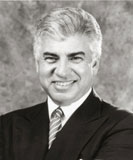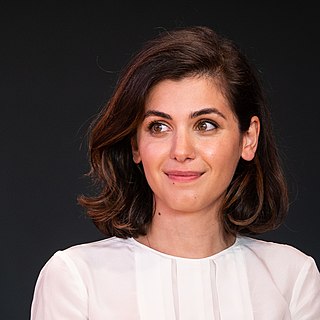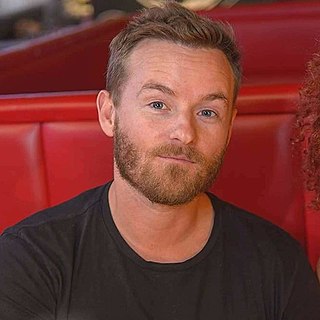A Quote by Michael Hayden
Right after 9/11, I mean, every agency can give their own gradation, but a nice, popular rule of thumb is everybody doubled down. I ended up in the NSA with about twice as much money as I had prior to 9/11.
Related Quotes
When you look at the actual numbers, the number of people who died after 9/11 was greater than the number of people who died in 9/11, even if you are talking Americans. But you know, I don't like to talk Americans. I want to talk everybody. More innocent people died after 9/11 because of 9/11 than died in 9/11.
You know, the truth is that right after 9/11, I had a (flag) pin. Shortly after 9/11, particularly because as we're talking about the Iraq war, that became a substitute for, I think, true patriotism, which is speaking out on issues that are of importance to our national security, I decided I won't wear that pin on my chest.
Looking at the line-up of speakers at the (Democratic National) Convention, I have developed the 7-11 challenge: I will quit making fun of, for example, Dennis Kucinich, if he can prove he can run a 7-11 properly for 8 hours. We'll even let him have an hour or so of preparation before we open up. Within 8 hours, the money will be gone, the store will be empty, and he'll be explaining how three 11-year olds came in and asked for the money and he gave it to them.
I grew up in Canada and I was 10 years old when 9/11 happened. And I think that really changed the landscape for Arabs around the world, obviously, but especially Arab actors, I think we started getting viewed a little different. Like, my whole experience just as a kid before 9/11 and after 9/11 was drastically different.


































